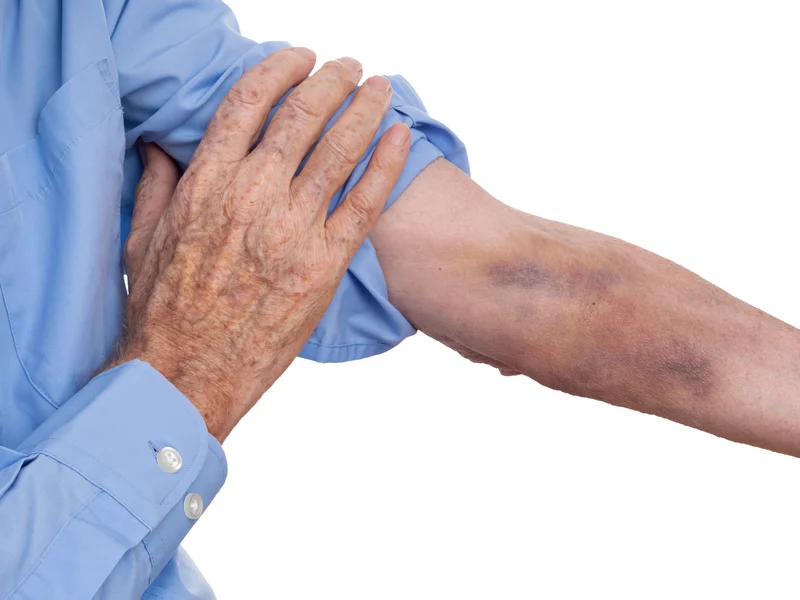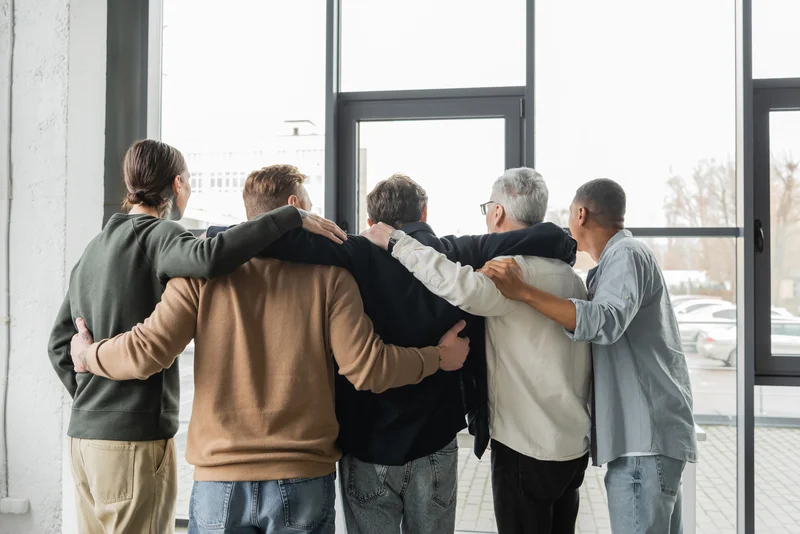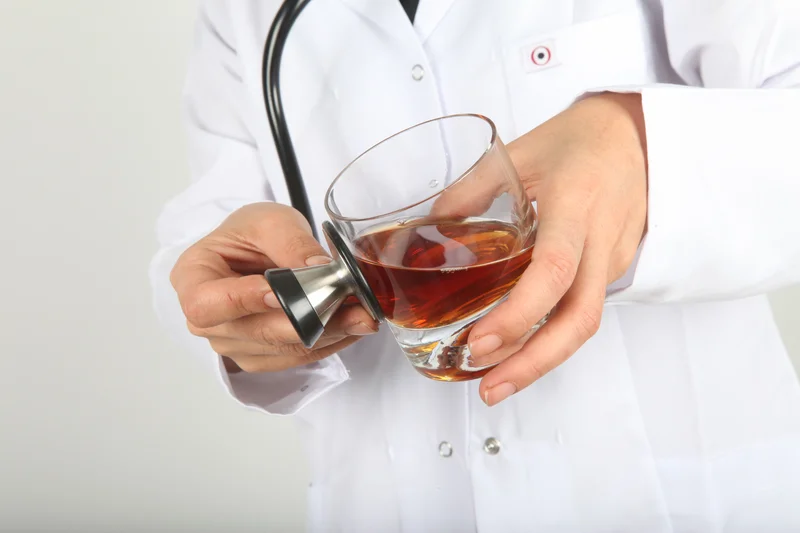
With the care and guidance of highly trained counselors, children get to know one another through fun group activities. Kids need to know they’re not the cause of their parent’s alcohol or drug addiction. We offer counselor-facilitated, 90-minute group sessions weekly, featuring a rotating series of family-focused topics and addiction/recovery-related discussions. FDS CEO and FounderTony has worked for the past four decades as a counsellor, group leader and psychotherapist. Tony founded Family Drug Support in 1997 that is now a well-respected and established national service for families of people who use substances.
How to Help an Alcoholic Family Member – 8 Essential Steps
Although everyone is different, Al-Anon members have all had similar experiences in their struggles. The key benefit of Al-Anon is being able to speak with others have these similar experiences. Meetings are available to help family members and friends of those with an addiction to cope and better serve their loved ones, even if their loved ones haven’t recovered. The key focus of Al-Anon is to support members by letting them know they aren’t alone in their struggle. The Twelve steps and Twelve Traditions are guides for personal growth and group unity.
Real people. Real support.
In 2015, roughly 8% of Al-Anon members also attended Alcoholics Anonymous (AA) meetings. Gently remind them that returning to treatment is not a step backward but an opportunity to reinforce the strategies that helped them in the first place. Remind your loved one that setbacks are part of the process, and what matters most is how they respond moving forward. Encourage them to attend support groups like Alcoholics Anonymous (AA), which can provide valuable peer support and accountability.

Resources and Information
Meetings are held at a variety of locations including community centres, local schools, churches and hospitals. Meetings offer a safe place where people can come and talk about dealing with the effects of alcoholism support for alcoholics in a friend or loved one. Understanding the available support groups for spouses of alcoholics is crucial for those seeking help. These groups can be the difference between feeling isolated and finding a community that understands the unique challenges faced by spouses and partners of addicts. In this article, we’ll explore some of the most effective support groups available, how they work, and why they are beneficial for those living with a partner struggling with addiction.
Find support for you and your loved one
FDS also operates a National 24 hr, 7 day a week telephone support service for families affected by alcohol and other drug issues. While the structure of online groups may vary, many participants find the same sense of community and understanding that they would in traditional support settings. SMART Recovery Family & Friends is another excellent option for those looking for support groups for spouses of alcoholics. Unlike Al-Anon and Nar-Anon, which follow the 12-step model, SMART Recovery focuses on evidence-based strategies rooted in cognitive-behavioral therapy (CBT) and motivational interviewing. This group provides practical tools that can help partners manage their stress, develop healthy communication strategies, and avoid codependency. In your first meeting, expect a warm welcome from others with similar experiences.
Servicios para la familia en español (Spanish-Language Family Services)

It may be possible for you to find a healthier way to respond to these challenges. But Al‑Anon meetings offer the opportunity to learn from the experiences of others who have faced similar problems. Find rehab for yourself or a loved one by speaking with a treatment provider.
Instead of ultimatums, focus on expressing your concerns and offering support. Saying things like “If you don’t stop drinking, I’m leaving” or “You have to choose between alcohol and me” may push your loved one into Drug rehabilitation a defensive corner and make them less likely to change. The goal is to make the conversation feel supportive, not confrontational.
Get professional help from an online addiction and mental health counselor from BetterHelp. It’s easy for family members or friends to over analyze how they could have prevented a loved one’s heavy drinking. You may begin to question whether or not you were responsible, possible warning signs and what you should have done differently. If your loved one is unwilling to put forth the work in their recovery, it increases their risk of a relapse. In cases such as these, you can express your concerns with the person and offer ways to help address the problem.
- This group helps partners set boundaries, practice detachment with love, and focus on their own well-being while their spouse navigates recovery.
- As individuals around the room share on topics and their own situations, you may hear a little about yourself in their stories.
- Al-Anon run family support group for people concerned about a friend or family member’s alcohol use.
- Set an example for healthy living by giving up recreational drug and alcohol use.
Understand That The Recovery Process Takes Work
For instance, some people may rely heavily on their support system and want to involve them in each step during treatment. Others are more reserved and may only come to you when they need a listening ear or want to talk. The first step in helping a loved one overcome a drinking problem is to learn about their condition.

Provider Site
This may include specialist programmes such as CRAFT (Community Reinforcement and Family Training) which is specifically tailored to the needs of family and https://ecosoberhouse.com/ friends of people using substances. Choosing the right treatment facility is a critical step in helping your loved one overcome alcohol addiction. Each of these treatment options provides valuable support tailored to the unique needs of your loved one, helping them take meaningful steps toward lasting recovery.





